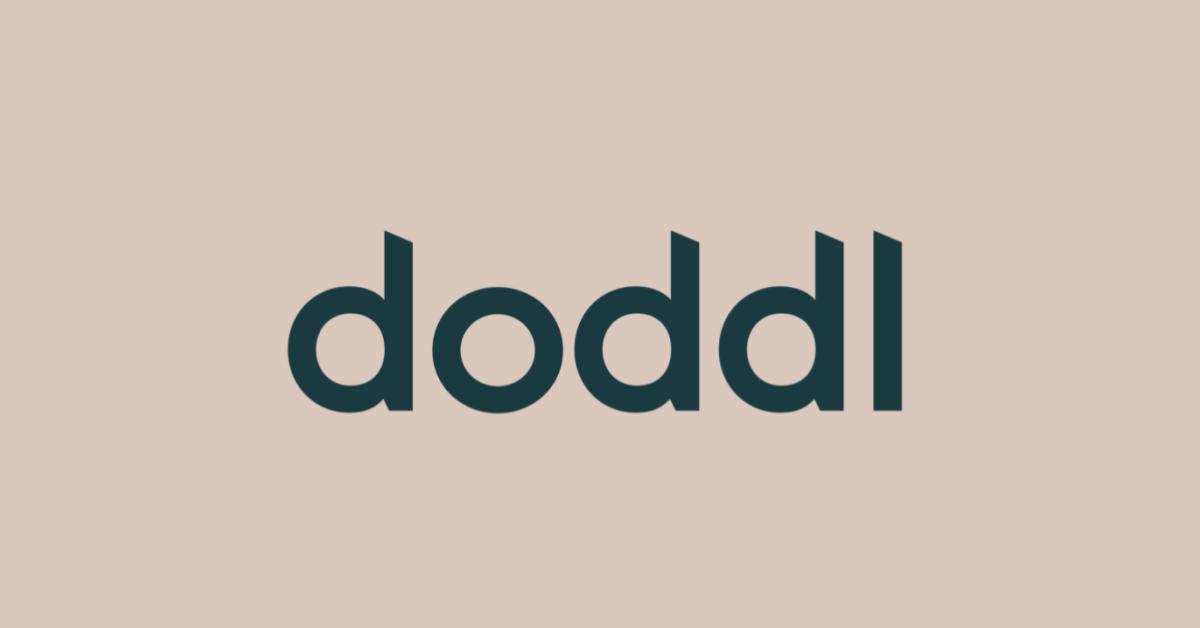In the last three months 75% of all new mortgages were drawn down on fixed rates offering home-buyers security in a time of uncertainty,
Last week, I spoke to Martina Hennessy, managing director of doddl.ie, about the benefits of mortgage switching and how even seemingly small overpayments on a mortgage can lead to major savings over time. Recently, the other most frequently raised query I hear when it comes to mortgages is whether or not to fix the rate.
So I asked Ms Hennessy why fixed rates are becoming so popular and how she advises clients on this subject.
“In the last three months 75% of all new mortgages were drawn down on fixed rates,” she said. “This is mainly because fixed rates are currently lower than variable rates and also because clients are looking for security in a time of uncertainty.
So are they an option for all consumers or best suited to certain situations? Ms Hennessy says there are a number of points for home-buyers to consider before making their decision.
“Fixed rates provide security over repayments so you know how much you repay during the fixed period,” Ms Hennessy says. “The downside is that obviously if rates decrease your rate will remain the same. Also you cannot overpay, in general, while you are on a fixed rate.” But it is worth bearing in mind that there are exceptions to this.
“Some lenders will allow limited overpayment when on a fixed rate and this is a key point to understand if you are choosing a fixed rate and feel you may have the means to overpay,” Ms Hennessy says. “You need to understand if your lender will allow overpayment options or if you perhaps need to split your mortgage taking part fixed and part variable and overpay on the variable piece of the mortgage.”
Consumers should also bear in mind the potential penalty for ending the fixed period early.
“A penalty can apply with a fixed rate if you break out of that fixed rate contract,” she says. “So for example if you have decided to fix for a three-year period and two years into the mortgage you want to break out of the fixed period then you could have a penalty if you break out of the fixed rate contract.
“This is based on the cost of funds to the bank when you lock in versus when you break out. You cannot understand what that would be right now, as it would be based on the cost of funds when breaking out.”
This can be avoided by thinking about what you are planning for the next couple of years, and only fixing for the period where you aren’t expecting any major changes to your life or finances. Of course we can always be blindsided by life, but don’t fix the mortgage for a long time if you plan a major change during that period.
Ms Hennessy says fixed rates are currently low and she is expecting to see further value for homebuyers in the coming months.
“There are some really good fixed rates on market from the lenders and also the introduction of Avant Money this autumn should mean that there are some lower fixed rates coming to market based on what they have advised so far,” she says.
Her overall advice?
“A good time to fix, be conscious of what you are signing up for, it’s a fixed rate contract, there can be a penalty if you break out of it, you know what you are repaying each month, you don’t always have options in terms of overpayment so it’s really important to understand if your lender will allow you to overpay,” she says.
“That’s a really important point, understand what rates your lender has to offer, what rate you want to move onto next — whether it’s fixed or variable or a split rate — and find out what’s best for you on the market.”
And if you don’t want to undertake that research yourself, Ms Hennessy points out you can access multiple lenders by going to an intermediary or mortgage platform like her own at doddl.
If you have any queries contact our advisors on 01 662 4600 or email Martina at martina@[email protected] and we will answer your queries and cut through the jargon.




